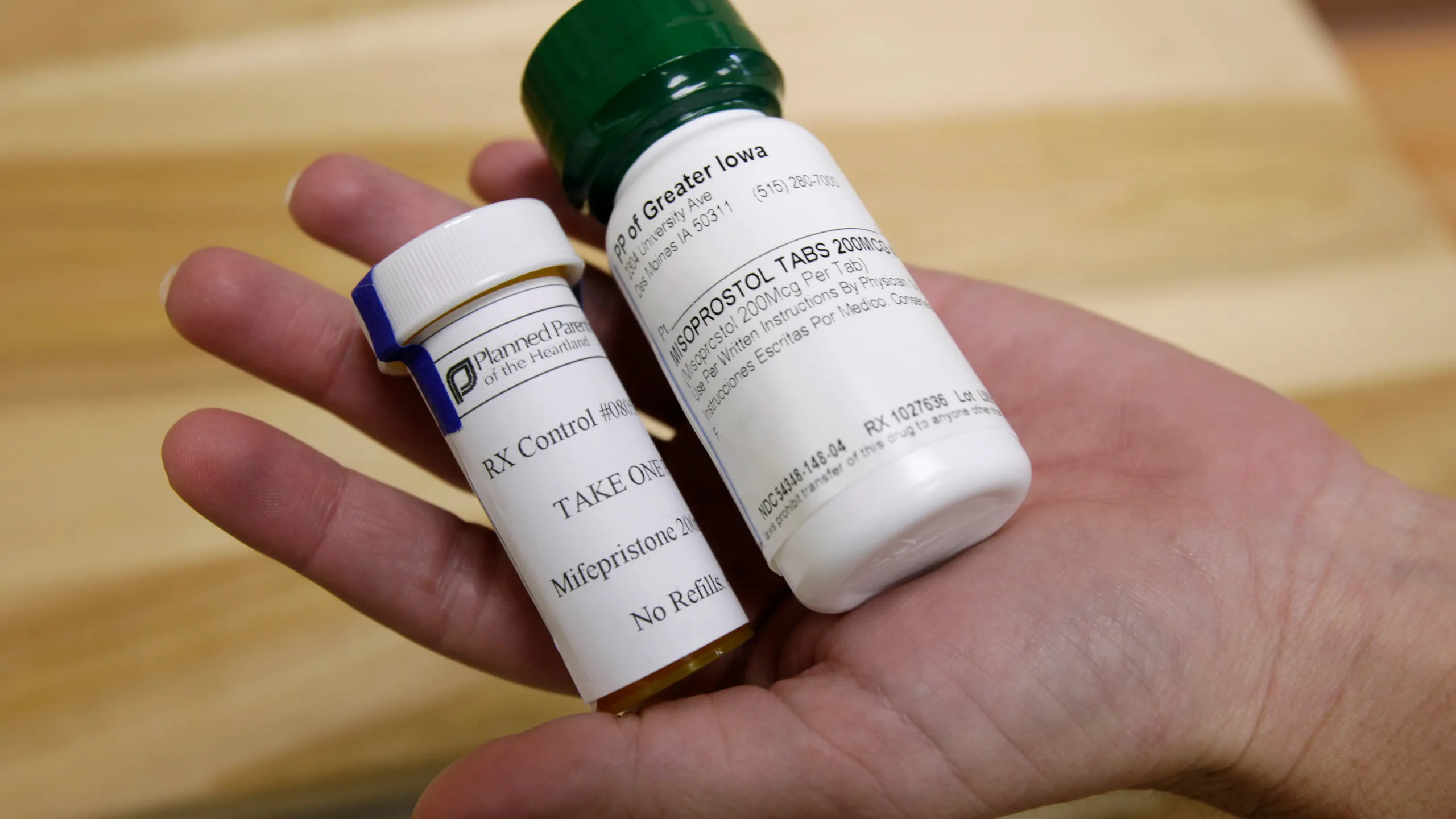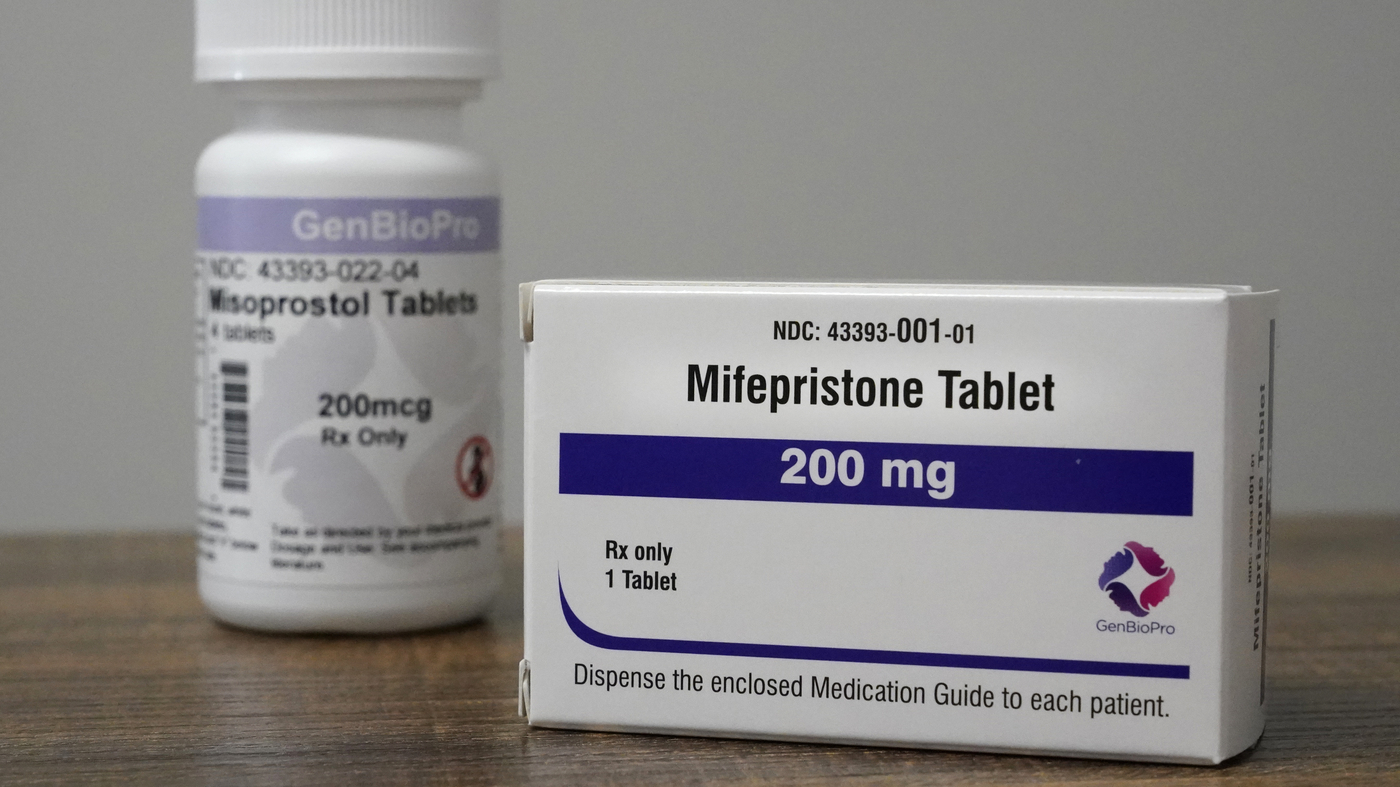A new law in Louisiana has classified the drugs used in medication abortion, mifepristone, and misoprostol, as Schedule IV controlled substances, making it illegal to possess them without a prescription. This law represents the first instance of such reclassification and has raised concerns among critics who fear it may serve as a model for other Republican-led states with abortion bans to impose stricter regulations on these medications.
State officials and healthcare professionals have expressed worries that this could further restrict access to safe and necessary healthcare for women, potentially affecting the treatment of various medical conditions.
The law stipulates that physicians must hold a special license to prescribe these controlled substances, and it establishes a tracking system for patients, physicians, and pharmacies involved in prescriptions. Although the drugs can still be stored and administered in hospitals, they must now be kept securely in locked cabinets.
Violation of the possession laws can lead to serious consequences, including fines of up to $5,000 and imprisonment for up to five years. However, the law does exempt pregnant women from prosecution for possessing the drugs for personal use, although those who assist them in obtaining the medications could still face legal repercussions.

Additionally, the legislation introduces the concept of “coerced criminal abortion by means of fraud,” which criminalizes giving abortion pills to a pregnant woman without her knowledge or consent.
State Senator Thomas Pressly, who sponsored the bill, cited a personal experience involving his sister being drugged with abortion-inducing medication as a motivating factor for the legislation. Critics argue that the law is not based on scientific evidence or public safety concerns but is designed to prevent women from finding alternatives to the state’s strict abortion regulations.
Louisiana has already implemented nearly complete bans on both surgical and medication abortions, permitting them only to save a woman’s life or in cases of medically futile pregnancies.
The new law could inhibit women’s ability to stockpile abortion pills, even for personal use, particularly in states where telehealth services allow women to obtain these medications from physicians in more liberal states. This trend, known as “advance provision,” has been popular among women in states with strict abortion laws, but the new regulations may effectively curtail this practice.
Beyond abortion, misoprostol has critical uses in reproductive health, such as labor induction and the management of miscarriage, which raises concerns that the law will limit access to essential medications.
Critics like Jane Martin, a maternal-fetal medicine physician, warn that these restrictions could exacerbate Louisiana’s already high maternal mortality rates, especially in rural areas with limited healthcare access.
In response, Louisiana Attorney General Liz Murrill defended the law, asserting that it does not hinder healthcare providers from administering necessary treatments in emergency situations and accused critics of spreading misinformation.
